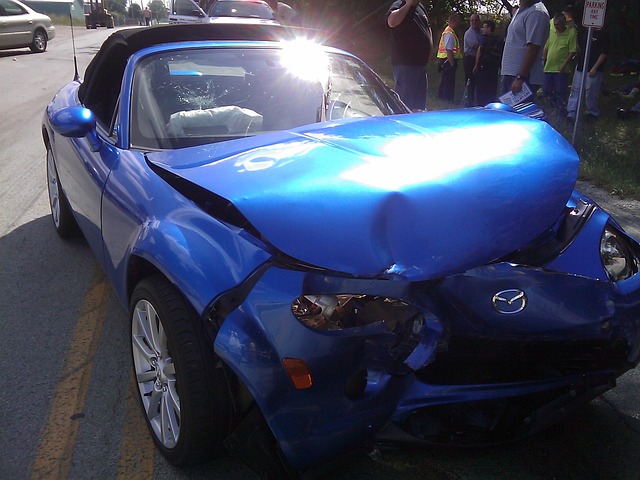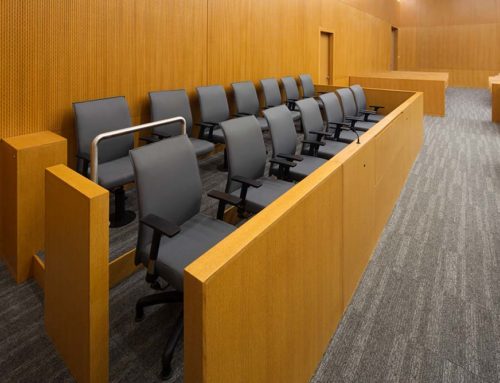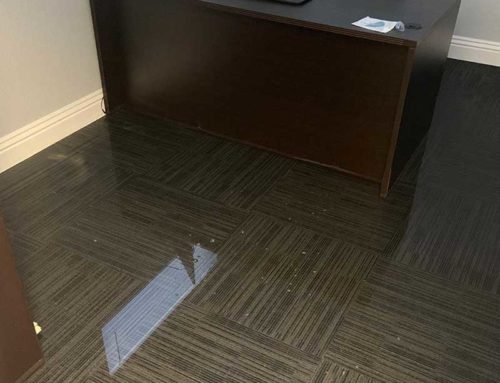Making decisions about whether your teenager is ready to take on adult responsibilities isn’t easy. Unfortunately, judges and lawmakers are often as perplexed as you are about when to treat teenagers like adults and when to treat them like children. This is especially true when it comes to driving. As the parent of a teenager, it’s critical that you take time to understand how laws governing teen driving and parent liability can affect you.
Photo by State Farm
If you’re a Nevada resident, you are legally responsible for any “negligence or willful act of misconduct” your teenager commits while operating a motor vehicle, as long as they’re under the age of 18. This means that if your teenager gets into a car accident and it’s their fault, you and your auto insurance company can be held liable for any and all damages that result.
Nevada is one of a small handful of states that uses driver’s license applications as a basis for imputing liability to parents when minors are involved in collisions. When you sign your teenager’s application for a learner’s permit or driver’s license, you assume responsibility for their behavior on the road.
States that impute liability to parents, but don’t consider driver’s license applications, rely on one of the following two approaches to determine who’s responsible for negligence on the part of a minor driver.
Negligent Entrustment
According to this legal theory, a parent who lends their car to a minor, knowing the child is incompetent, reckless, or inexperienced, may be held liable for any damages that occur as result of the minor’s negligence.
Negligent entrustment is also used to hold car owners responsible for lending their vehicles to any individuals, including adults, they know have a history of reckless driving, are currently intoxicated or are likely to become intoxicated while driving their car. According to his section of the theory, a parent who caught her son drag racing a week ago or knows her daughter’s going to a party involving alcohol would be liable for damages if she allowed her car to be used and an accident occurred.
Family Purpose Doctrine
In some states, the family purpose doctrine is used to hold a parent financially liable for accidents that take place while their teenager is using a family car. According to the family purpose doctrine, someone who purchases and maintains a car for general family use assumes responsibility for negligent driving on the part of any family member using the car.
Parents and teenagers tend to regard the issuance of a new driver’s license as a major milestone in a teen’s path to adulthood and self-sufficiency. Talking with your teenager about the responsibilities and risks you assume when they drive is a good way to clarify to your teen that, until they’re 18, the two of you will need to work together to make positive, safe decisions about driving
If your teen has been involved in an auto accident, it’s important that you consult with a knowledgeable attorney. The legal issues affecting teenage drivers and their parents are complex and changing rapidly. Don’t try to navigate them without expert help.
Featured image by rhonda_jenkins
If you liked this post, you might also enjoy:
 Do I Need A Lawyer? 5 Cases Where The Answer Is Always Yes
Do I Need A Lawyer? 5 Cases Where The Answer Is Always Yes
 Las Vegas Police Refuse to Respond to My “Non-Injury” Car Accident
Las Vegas Police Refuse to Respond to My “Non-Injury” Car Accident
 I Was In A Car Accident Without Insurance: What Happens Now?
I Was In A Car Accident Without Insurance: What Happens Now?







